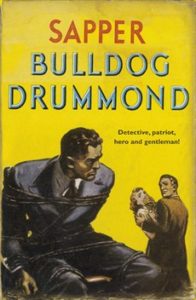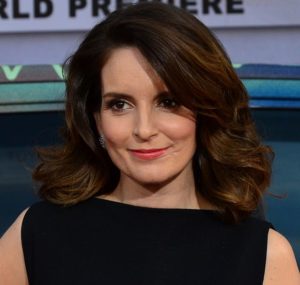I wonder if it says more about me than many that I can better describe the key landmarks on the battlefields of Gettsyburg and Antietam than I can Gallipoli.
It was with that realisation and the then soon-to-be-aired Gallipoli on Channel 9 that I read Prof Peter Stanley’s excellent book – Quinn’s Post, Anzac, Gallipoli.
And it worked. I finally get the geography and the criticality of Quinn’s Post and the people and decisions that framed it.
Stanley’s book is a must-read for anyone interested in understanding the geography of Anzac Cove and its surrounds, as it was someone who’s read Roland Perry’s Monash, Les Carolyn’s Gallipoli, and a trove of other books on Billy Singh, as well as having watched Chunuck Bair and the film Gallipoli.
I still had much to learn, and I am eternally grateful to Peter Stanley that he wrote this book.
The book itself goes to where so many other historical books fail – a summary, a narrative, an analysis of the events, the personalities and the decisions that a century later we can still try and understand.
But more deeply, I wondered if ‘Gallipoli’ has become a modern-day Australian synonym for World War I; if the place itself has become a blanket understanding of what happened, and how many Australians really know what events occurred in places as far flung as Rabaul, to the Jordan Valley and the Western Front. Harry Chauvel and John Monash were once household names, but how many people (even in Melbourne where the latter has freeways, suburban cities and a uni named after him) really know what they did and what their troops achieved?
Our Shrine of Remembrance is placed where it is because of Monash – and not near the current Royal Melbourne Zoo, for example – but who would know? Do we care? Should we?
As we consider ANZAC Day 2015, with the begrumpled mutterings of no public holiday on the Monday, it’s timely to ask what we know of places like Quinn’s – a post that, had it been overrun, could well have changed the course of the campaign; of what we should know as a modern society of Australia’s military history; and what conversations we should have on what we were then, how we are now, and what we want to be in the future.
We should do this not for us, but for them and all who have served, and we should do so for those like them who will serve us too in the future.


